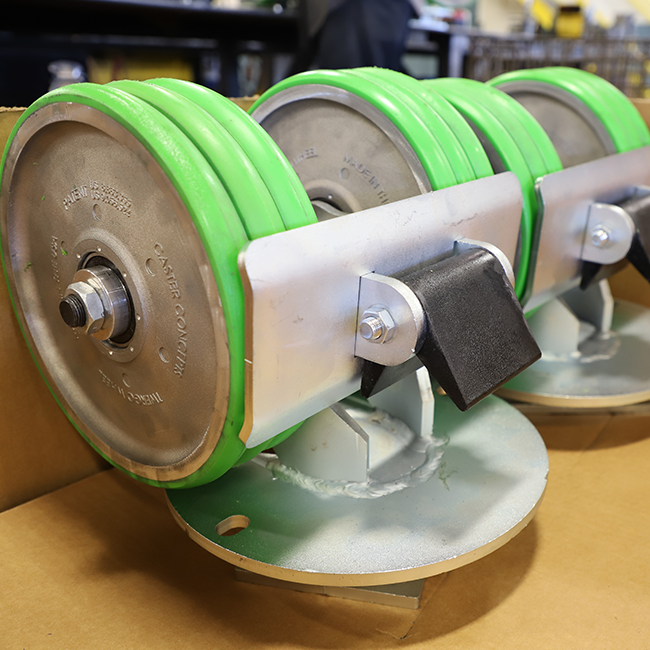

Its always good to break a negative trend, especially when that trend involves injuries and is very costly. Fortunately, that is exactly what has happened with costs related to injuries due to overexertion due to an outside force. According to the Liberty Mutual Workplace Safety Index for years 2009 through 2013, the costs related to Overexertion injuries due to an outside source were continually rising annually, until 2013 when they essentially leveled off.
The 2016 Liberty Mutual Workplace index actually reports data for the 2013 calendar year, it shows that the cost of injuries due to overexertion due to an outside source was $15.08 Billion, whereas the 2014 Liberty Mutual Workplace index reported the same category of injuries in 2012 totaled a cost of $15.1 Billion. This was the first year that the overall cost to US businesses for overexertion injuries had declined from the previous year. While it is minimal relative to the total, it was still a decline and a change to the increases realized year over year.
While there is not a law that mandates specific requirements, many of the largest companies in the nation use the “Liberty Mutual Material Handling Tables” as a standard for determining suggested weight or force required for activities such as lifting, pushing, pulling, bending, holding, carrying and throwing objects. Manual Material Handling activities performed daily by hundreds of thousands of workers across the United States.
In many cases, improving ergonomics in manual material handling involves a reduction in loads, often at the cost of reduced productivity. By packing less in a container or reducing the load on a cart, the risk of overexertion injury may be reduced. However, that reduction results in a decline in total output or the need for some sort of additional step in the process to maintain existing output levels.
Smart companies take advantage of equipment that helps achieve the suggestions of the LMMH Tables, but does not require a change in the current capacities. One such piece of equipment is ergonomic caster wheels like TWERGO®. TWERGO® wheels achieve an average of 25% reduction (when compared to conventional caster wheels) in force required to start and keep rolling, as well as reducing force required to turn. There have been cases where using TWERGO® wheels not only reduced push force, but allowed for a slightly heavier load on the same carts, resulting in increased productivity.